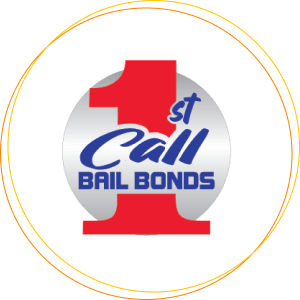Jumping bail is a risk that every family member takes when applying for a Dallas bail bond when a loved one gets arrested. A bail bond is an act of goodwill and ultimately, loyalty in the eyes of someone willing to put their finances at such risk.
That’s why it’s no surprise that when someone jumps bail and the bond is forfeited to the courts, some people choose to take legal action against the defendant. Here’s all of the information you need to know about getting your money back from the offender through the legal system.
Why Would a Bond be Forfeited?
Getting a bail bond in Dallas doesn’t mark the end of a defendant’s legal journey. In fact, it’s actually only the beginning of the end. From the point of release, it’s the defendant’s responsibility to attend mandated hearings, probation visits, and, if necessary, rehabilitation. If legal mandates are ignored and the defendant skips town, the bond amount is forfeited to the courts.
What if You Were on the Hook for the Offender?
If you’re the one who either paid the full bail amount to the courts or paid the percentage of the bond through a bondsman, your money is a lost cause upon forfeiture. In some circumstances, the person who paid for the bail will feel wronged and truly want their money back.
Unfortunately, once the bond has been forfeited, there is no chance that the courts will grant you back the money, and in the case of a bond, you are officially on the hook for the money they’ve lost. This is usually the point where the paying party decides to sue the offender for the cash that’s been lost due to someone skipping bail.
Determine What You Can Sue for From a Bail Bond
Your route to bailing the offender out of jail directly determines how much money you can sue them for if it’s forfeited. If you paid the money directly to the courts, you can sue for the full amount of the bond.
However, if you paid through a bail bond company, the amount sued depends on how attached you are to the contract. If you only gave the offender money and they signed, then you can only sue for what you’ve given them. If you were the co-signer or signed the contract, however, you can sue for the percentage fee paid to the bondsman and any money that the company seeks after paying for their losses.
Get Your Loved Ones Out Quickly With 1st Call Bail Bonds
Even though this article was stuck in the gloom, there is no excuse to leave a loved one in jail longer than necessary. Make 1st Call Bail Bonds your first call to get someone out of a legal pinch. We are open 24/7 and can help pay for any bond limit. Contact us today to get the process started.



